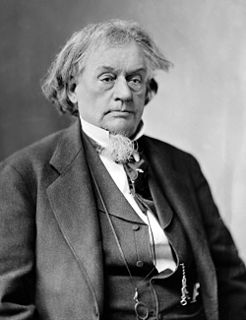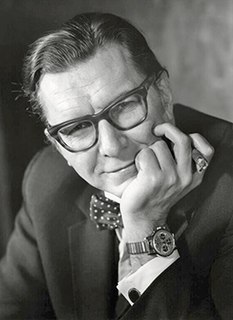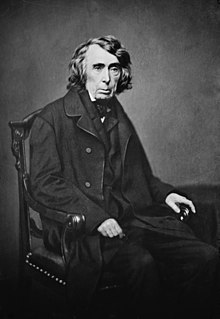A Quote by Thomas Jefferson
Money, not morality, is the principle commerce of civilized nations.
Quote Topics
Related Quotes
For the power given to Congress by the Constitution does not extend to the internal regulation of the commerce of a State (that is to say, of the commerce between citizen and citizen,) which remain exclusively with its own legislature; but to its external commerce only, that is to say, its commerce with another State, or with foreign nations, or with the Indian tribes.
There is as yet no civilized society, but only a society in the process of becoming civilized. There is as yet no civilized nation, but only nations in the process of becoming civilized. From this standpoint, we can now speak of a collective task of humankind. The task of humanity is to build a genuine civilization.
Of all the nations in the Western world, the United States, with the most money and the most time, has the fewest readers of books per capita. This is an incalculable loss. This, too, is one of the few civilized nations in the world which is unable to support a single magazine devoted solely to books.
It is an established principle of jurisprudence in all civilized nations that the sovereign cannot be sued in its own courts, or in any other, without its consent and permission; but it may, if it thinks proper, waive this privilege, and permit itself to be made a defendant in a suit by individuals, or by another State.
Justice, sir, is the great interest of man on earth. It is the ligament which holds civilized beings and civilized nations together. Wherever her temple stands, and so long as it is duly honored, there is a foundation for general security, general happiness, and the improvement and progress of our race.





























